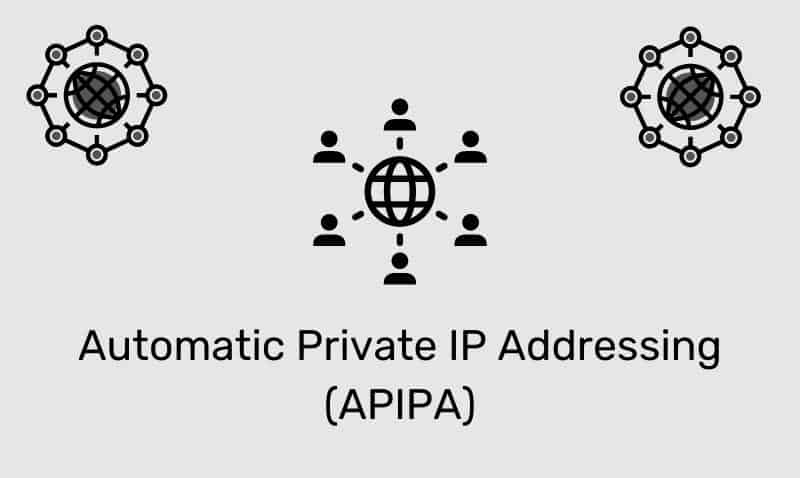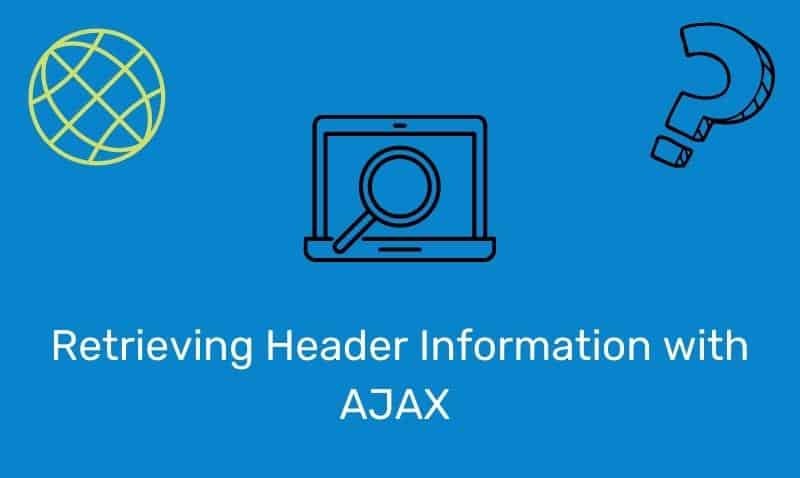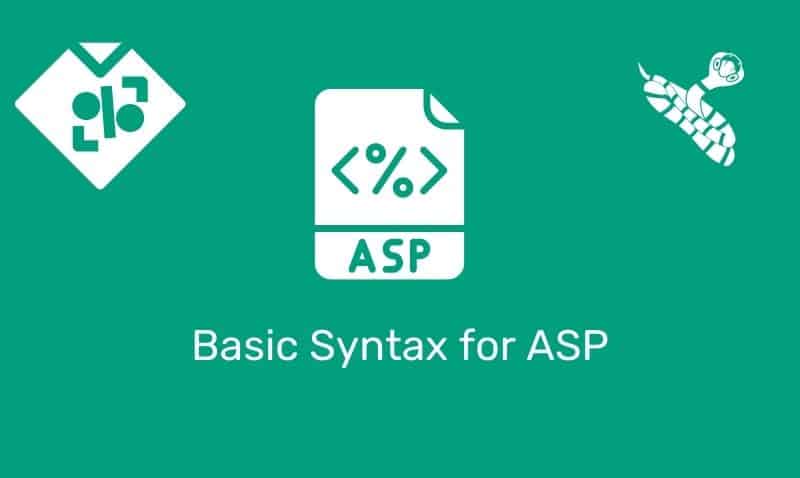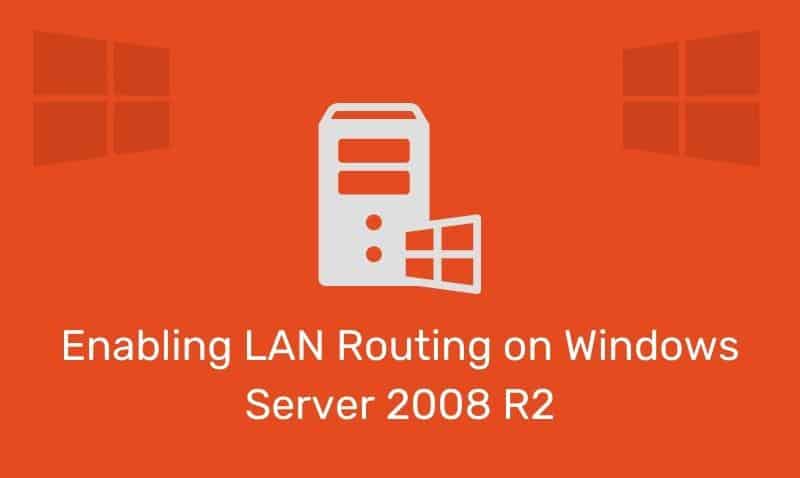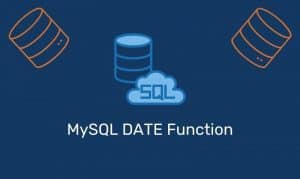Hosting Providers
Unless you are hosting your ASP web application on your own Microsoft IIS web server, you generally do not have to worry about the installation and configuration steps needed to host an ASP web application.
Most hosting providers that run Windows IIS servers will have ASP enabled so there is no additional configuration required on your part. In the case of hosting, you only need to upload your ASP pages via FTP to your hosting provider.
Running a Local Web Server
If you are running an ASP web application on a web server that you manage, the software needed to run your ASP application is easy to install and configure. In addition, there are no additional costs required for enabling ASP to run within the web server.
Traditionally, there are two Microsoft web server platforms that can run ASP pages. For the older workstation operating systems, you would install Personal Web Server (prior to Windows 2000), also known as PWS.
On the server class operating system, you would install Internet Information Services (IIS), which started with Windows NT 4.0. IIS was also included in the workstation class operating systems starting with Windows 2000 Professional.
Running a workstation class web server is typically only used by developers for testing their web applications prior to publishing the website to a production IIS server.
PWS and IIS Versions
| Version | Operating Systems |
|---|---|
| PWS | Windows 9x, NT 4.0 |
| IIS 1.0 | Windows NT 3.51 |
| IIS 2.0 | Windows NT 4.0 |
| IIS 3.0 | Windows NT 4.0 SP 3 |
| IIS 4.0 | Windows NT 4.0 Option Pack 4 |
| IIS 5.0 | Windows 2000 |
| IIS 5.1 | Windows XP Pro |
| IIS 6.0 | Windows XP Pro x64, 2003 |
| IIS 7.0 | Windows Vista, 2008 |
| IIS 7.5 | Windows 7, 2008 R2 |
| IIS 8.0 | Windows 8, 2012 |
Installing PWS
At this time, installing PWS is not recommended. It is completely outdated and as you can see from the previous chart, only runs on Windows 9x and NT 4.0. None of those Windows operating systems are supported by Microsoft at this time.
If you are still running unsupported versions, it is recommended that you upgrade your operating system to a supported release.
Installing IIS
Windows 2000/XP
Installing IIS on Windows 2000 or XP is very simple and straightforward. Follow these steps to install IIS:
- Open the Control Panel
- Run the Add or Remove Programs applet
- Click on Add/Remove Windows Components
- Click on Internet Information Services (IIS)
- Click on Details
- Select the check box for World Wide Web Service
- Click the OK button
- In the Windows Component selection, click Next to install IIS
After you have installed IIS, visit the Microsoft Update site to install all of the latest patches and hotfixes for your system.
Vista, 7, 8
Installing IIS on workstation class operating systems after Windows XP has changed. Follow these basic steps:
- Open the Control Panel
- Run the Program and Features applet
- Click on Turn Windows Features On or Off
- Select the check box for Internet Information Services (IIS)
- Click the OK button, and follow through the installation wizard
After you have installed IIS, run the Windows Update applet found in the Control Panel to install the latest patches and hotfixes.
Windows Server 2003
In Windows 2003, you can launch the “Manage Your Server” applet or install IIS from Add/Remote Programs
- Open the Control Panel
- Run the Add or Remove Programs applet
- Click on Add/Remove Windows Components
- Highlight Application Server, click Details
- Select the check box for Internet Information Services (IIS)
- Click the OK button
Windows 2008/2008 R2
- Open the Administrative Tools folder and launch Server Manager
- Click on Add Roles
- Select the check box for IIS Web Server
- Continue through the installation Wizard
In all of the previous steps described, the ASP component can be enabled or disabled by clicking on the “Details” button, or expanding the selection next to the “Internet Information Services (IIS)” or “IIS Web Server” option during the installation wizard.
